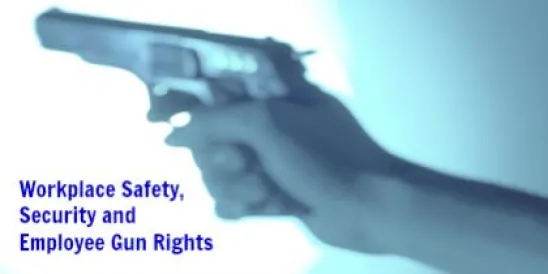On July 9, 2013, Illinois became the last state in the nation to allow concealed possession of firearms in public. The new law, which was enacted after the Illinois legislature voted to override Governor Quinn’s veto, will most likely not allow individuals to carry concealed firearms until 2014 as there are numerous administrative steps that must still be completed. An example of an administrative issue is that the law requires the Illinois State Police to create an application process for a concealed firearm permit within 180 days. Only after the application process is finalized will the State Police actually begin to process applications for concealed carry permits. There has already been confusion in some parts of Illinois over whether concealed carry of firearms is presently permitted. It is not, and until an individual actually receives a concealed carry permit, Illinois’ previous legislation prohibiting individuals from carrying concealed firearms in public will remain in effect.
Under the new law, “concealed firearm” is defined as “a loaded or unloaded handgun carried on or about a person completely or mostly concealed from the view of the public or on or about a person in a vehicle.” At this point, it is unclear what constitutes a “mostly concealed” firearm.
The new law provides for various places that the concealed carry of firearms is prohibited. While it is lengthy, the following partial list includes some of the places and businesses where concealed carry is still prohibited:
- Any building, property or parking area under the control of public and private elementary and secondary schools;
- Any building, property and parking area under the control of a pre-school or child care facility;
- Any building, property and parking area under the control of a public or private hospital or affiliate, mental health facility or nursing home;
- Any building property and parking area under the control of an establishment that serves alcohol on its premises if more than 50% of gross receipts within the prior three months is from the sale of alcohol;
- Any owner of private property may ban the possession of firearms on the property by “clearly and conspicuously” posting a sign at the entrance to the property. The law provides that that the sign shall be of a uniform design to be established by the State Police which shall be four inches by six inches in size. The State Police have not yet established the signage.
Even if businesses prohibit firearms on their property, a licensed individual retains the right to keep the firearm (and ammunition) in his or her vehicle in the parking lot of the private property. If the firearm is kept in the vehicle in the parking lot, either the vehicle must be locked or the firearm (and ammunition) must be in a locked container. The only reason a licensed individual can remove the firearm from the vehicle while on the private property parking lot is for the purpose of transferring the firearm from the interior of the vehicle to the trunk of the vehicle.
This is an evolving law. Employers are advised to consult with legal counsel concerning establishing or revising policies relating to firearms and/or workplace violence. Employers should also make it clear to their employees that the law does yet not allow individuals to carry concealed firearms and will not do so until an application process is in place and permits are issued. If an employer wishes to ban the possession of firearms in accordance with the law, it should consider posting appropriate signage until the “official” no guns and ammunition signage is designed by the State Police.



 />i
/>i
